HI6005: Evaluating Content Theories of Motivation in Global Management
VerifiedAdded on 2023/05/28
|12
|557
|391
Report
AI Summary
This report provides an overview of motivation content theories within the context of global management and organizations. It begins by differentiating between content and process theories of motivation, highlighting Equity Theory and Expectancy Theory as examples of process theories under criticism that have been reduced to content theories. The report then delves into Maslow's Hierarchy of Needs, outlining its hierarchical levels and the criticisms leveled against it, such as its failure to account for every individual need and the lack of a specific order in need progression. Furthermore, Hertzberg's Two-Factor Theory is examined, including its hygiene and motivational factors, along with critiques regarding the over-simplification of the relationship between dissatisfaction and motivation. McGregor's Theory X and Theory Y are also discussed, contrasting the traditional approach to human behavior with a perspective that views work as natural and enjoyable. Finally, the report touches on behavioral science research and its limitations, emphasizing the importance of scrutinizing findings due to variations in religious, social, and cultural backgrounds. The report concludes by referencing various sources used in its analysis.
1 out of 12
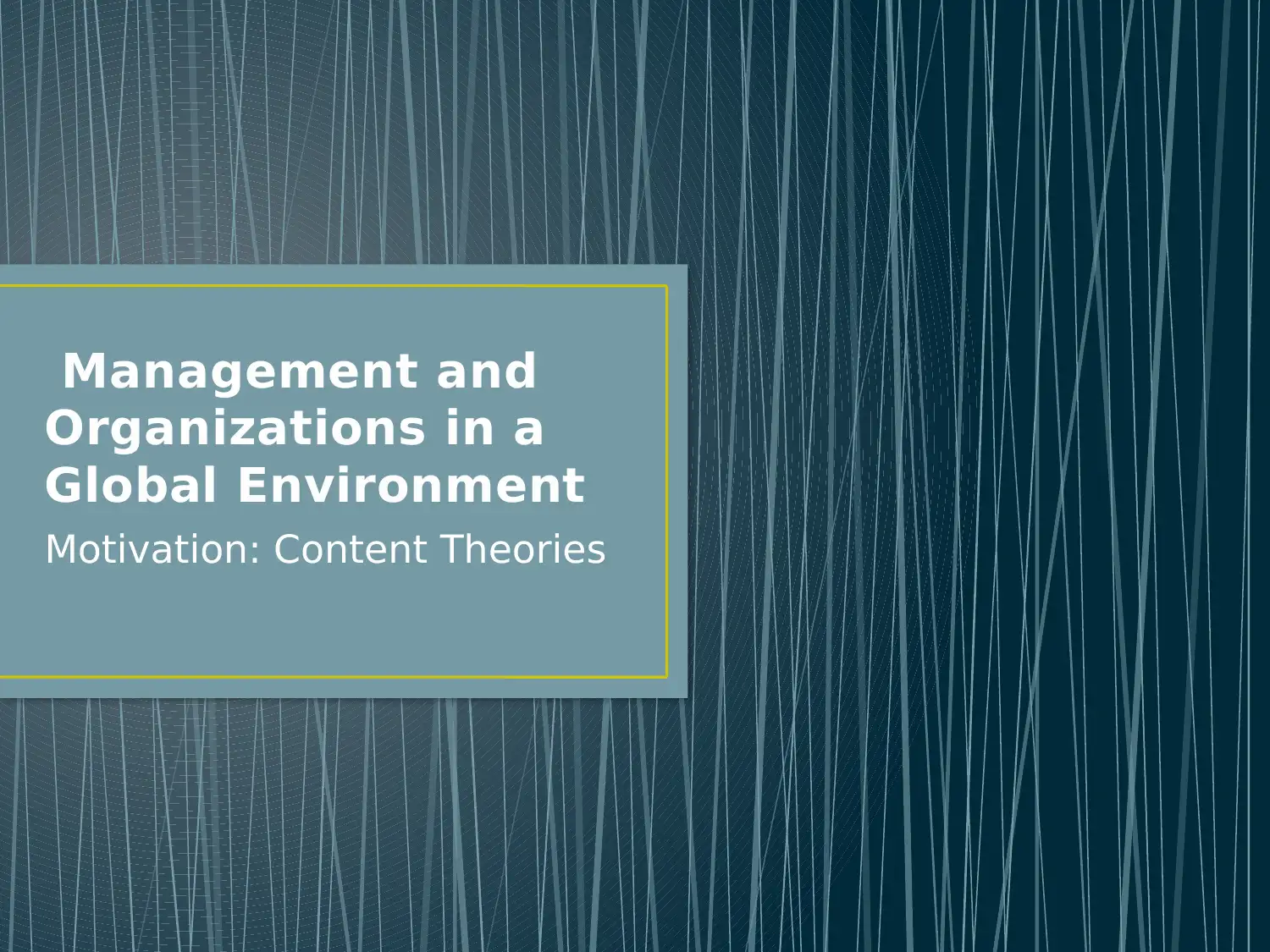
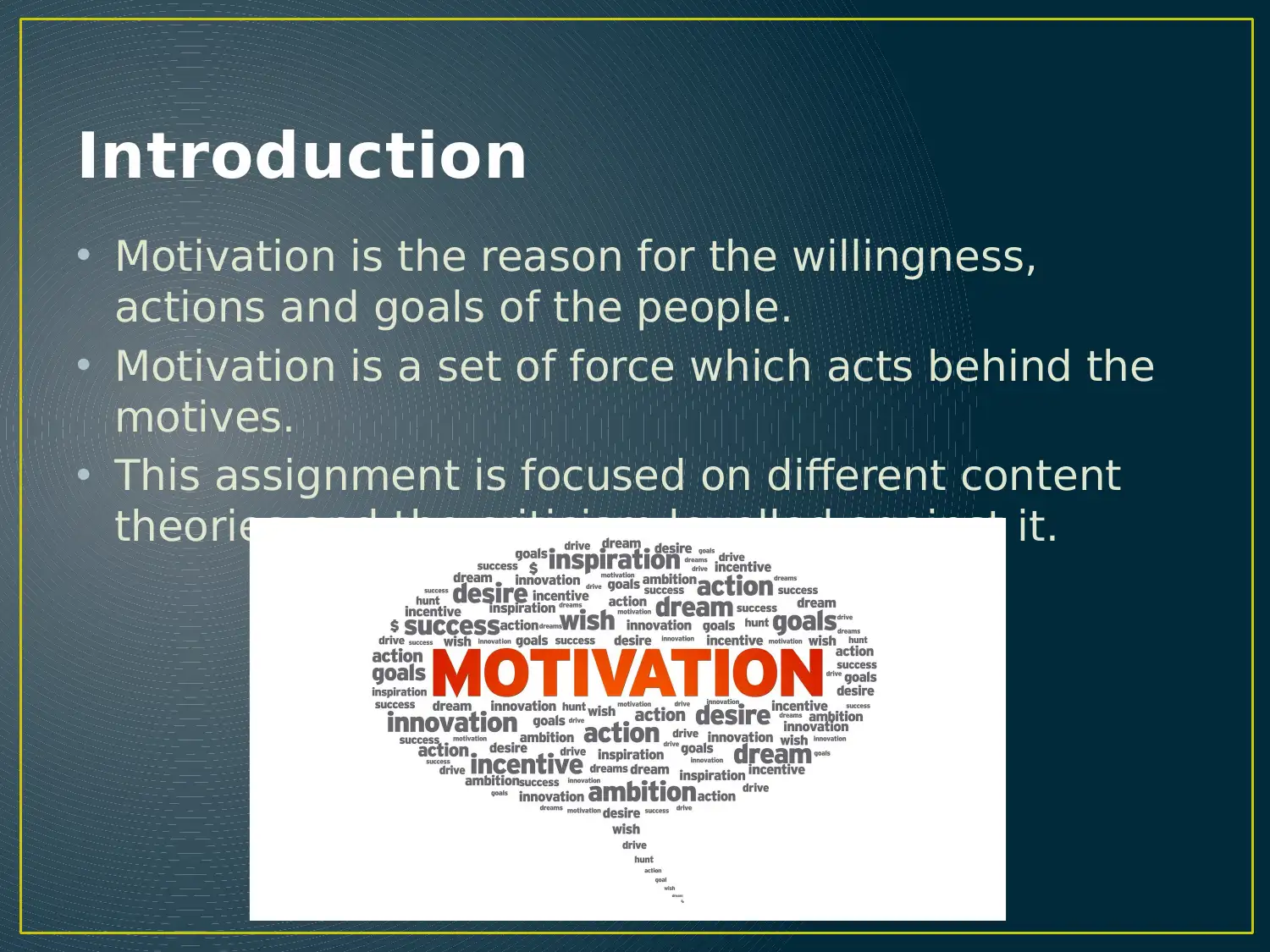
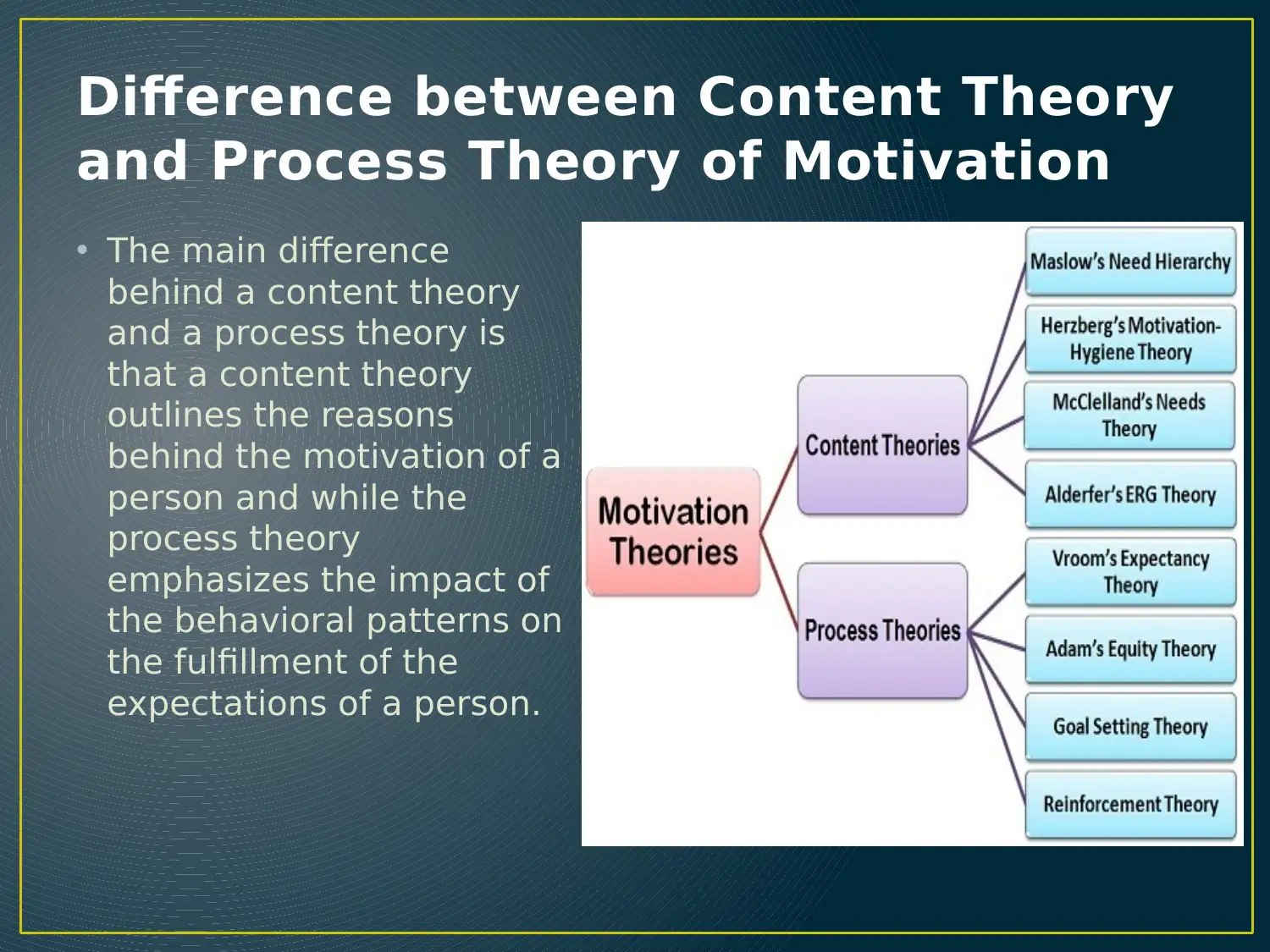
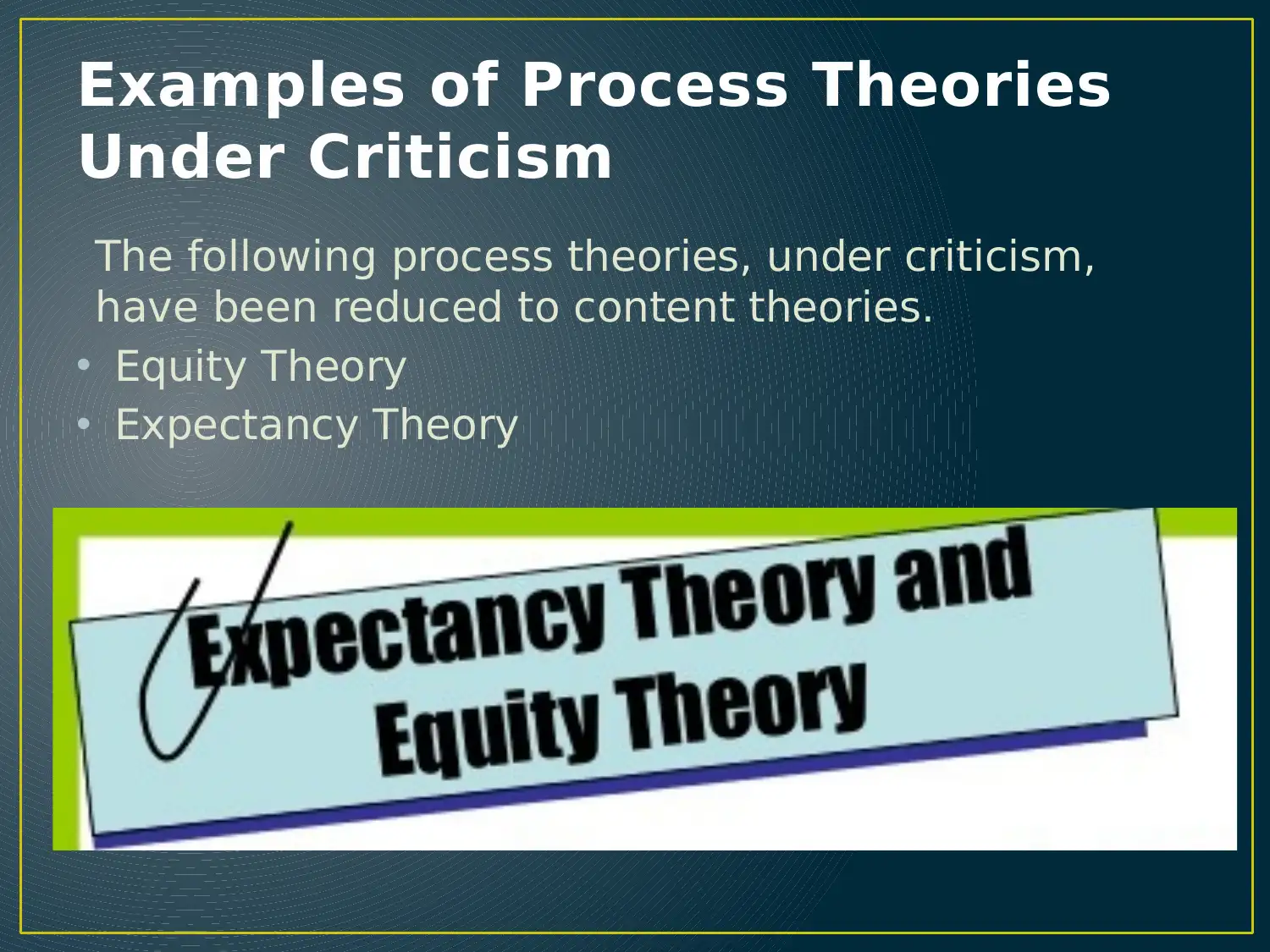
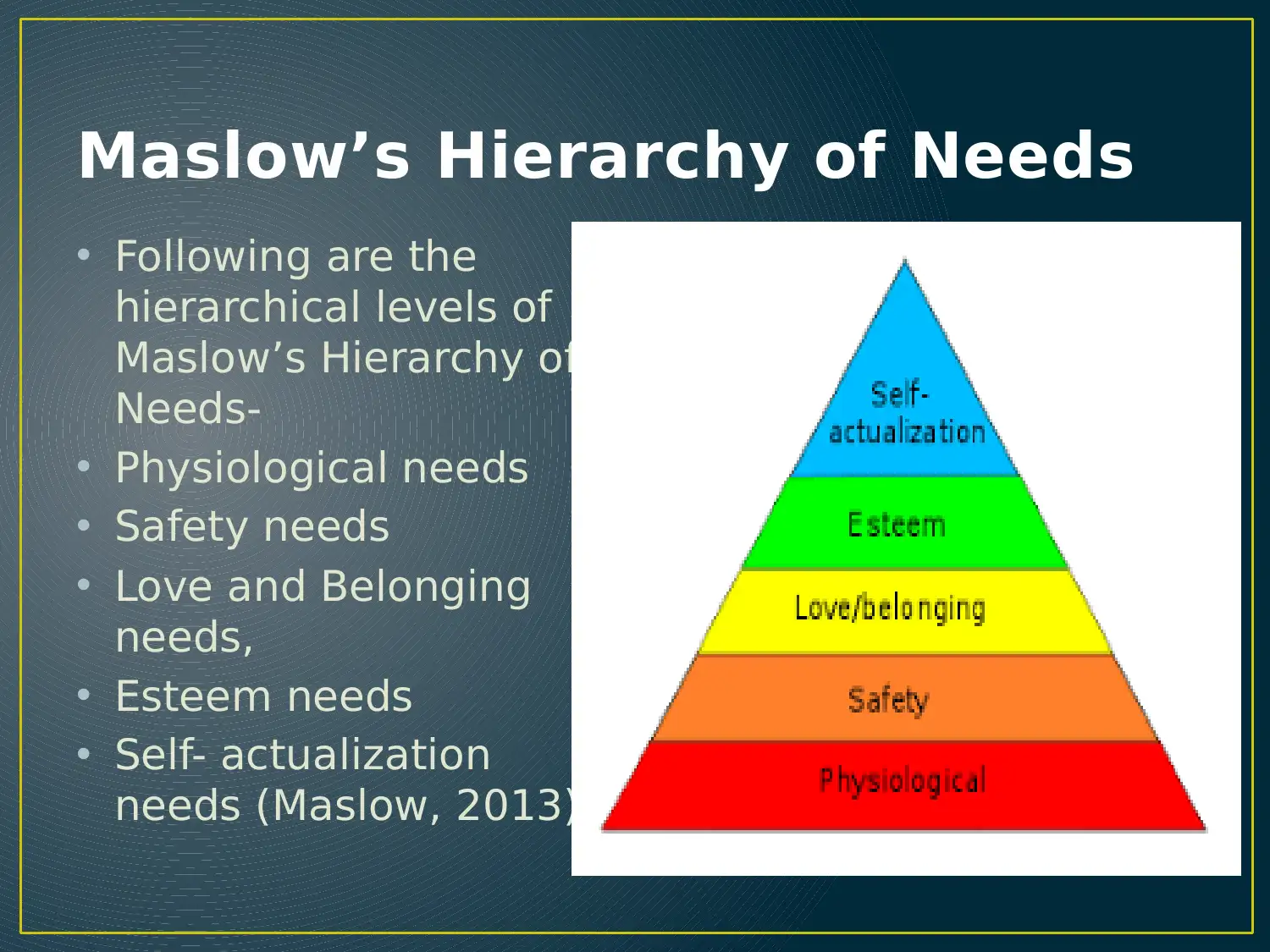
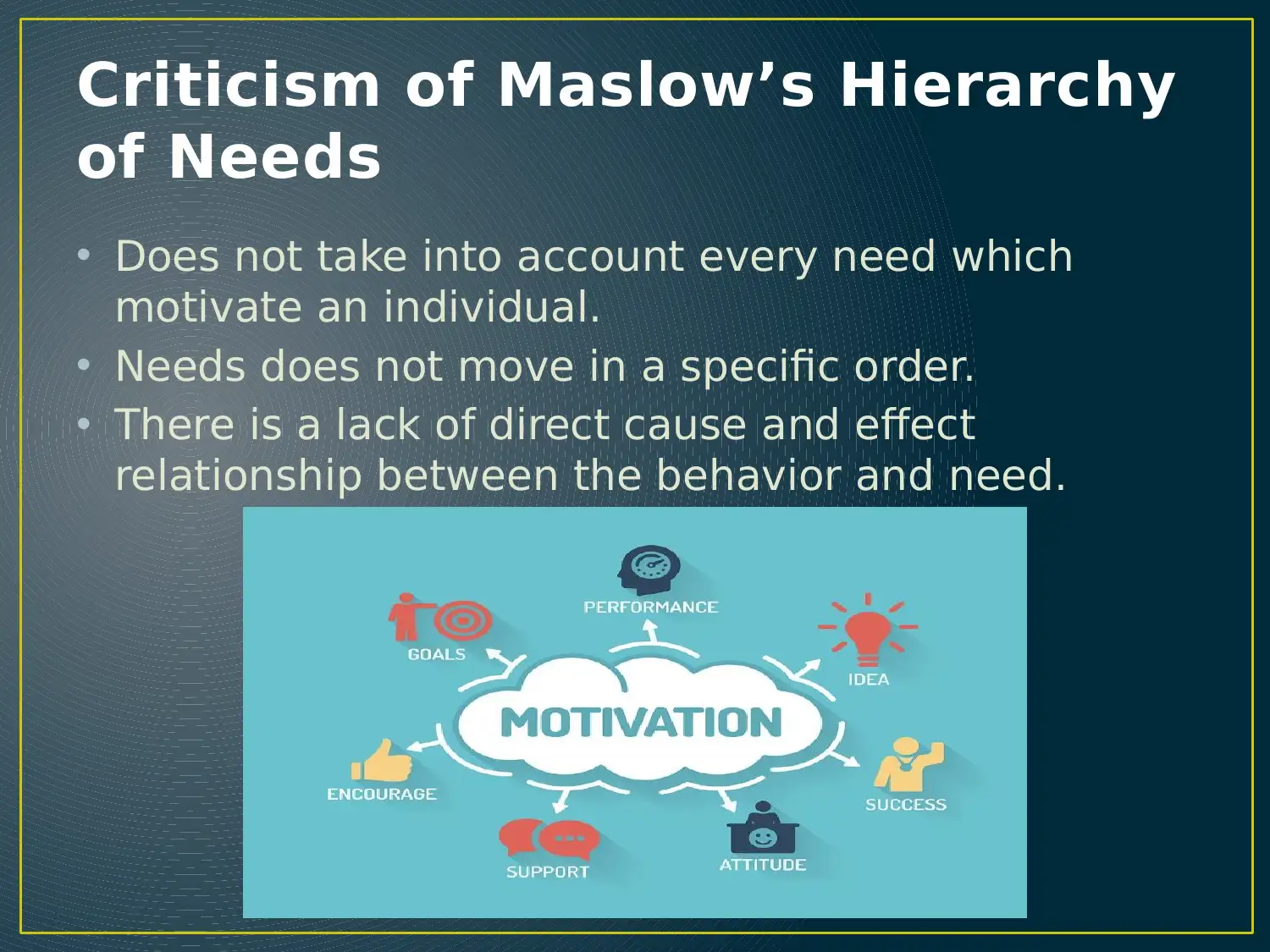
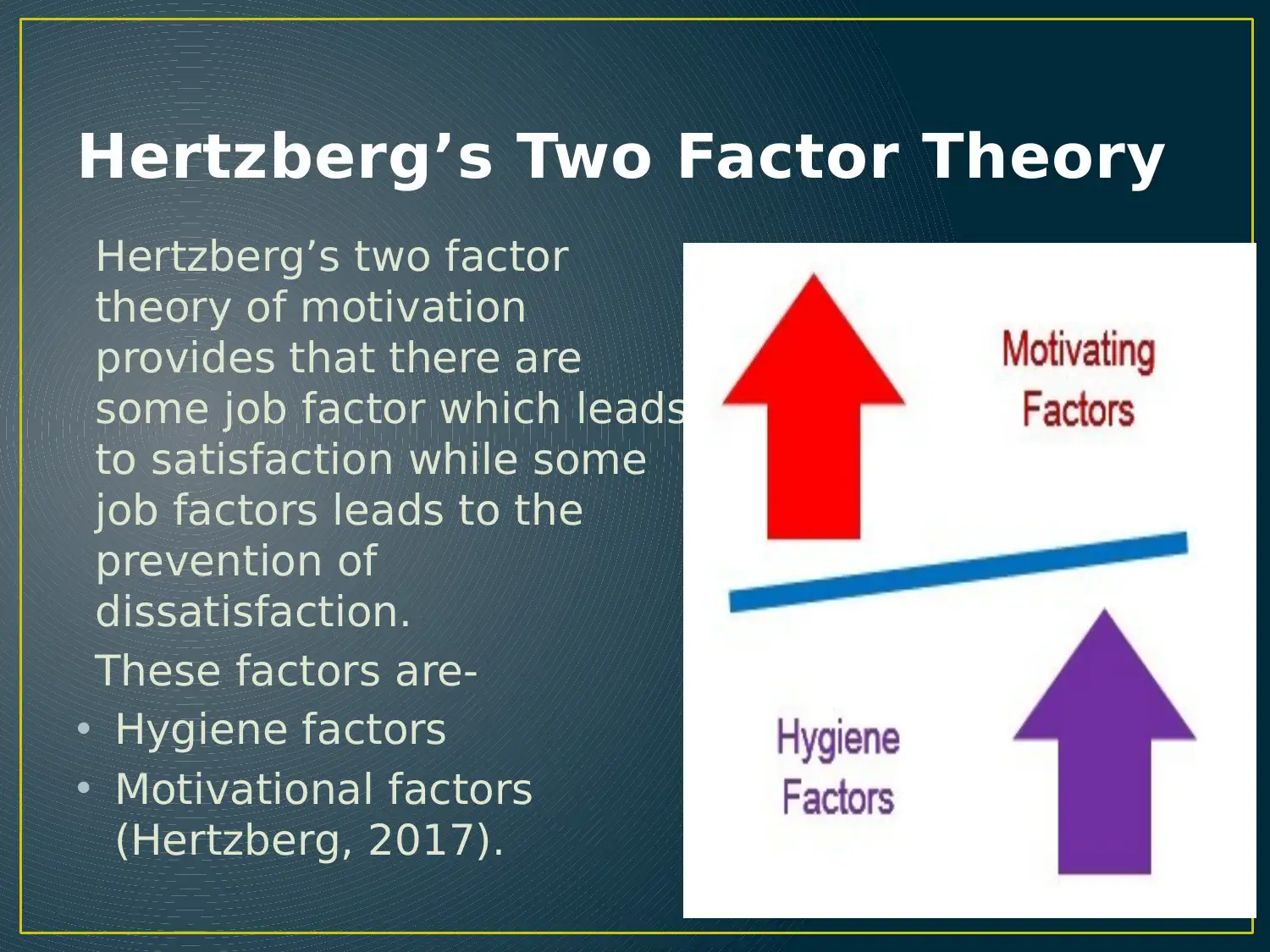
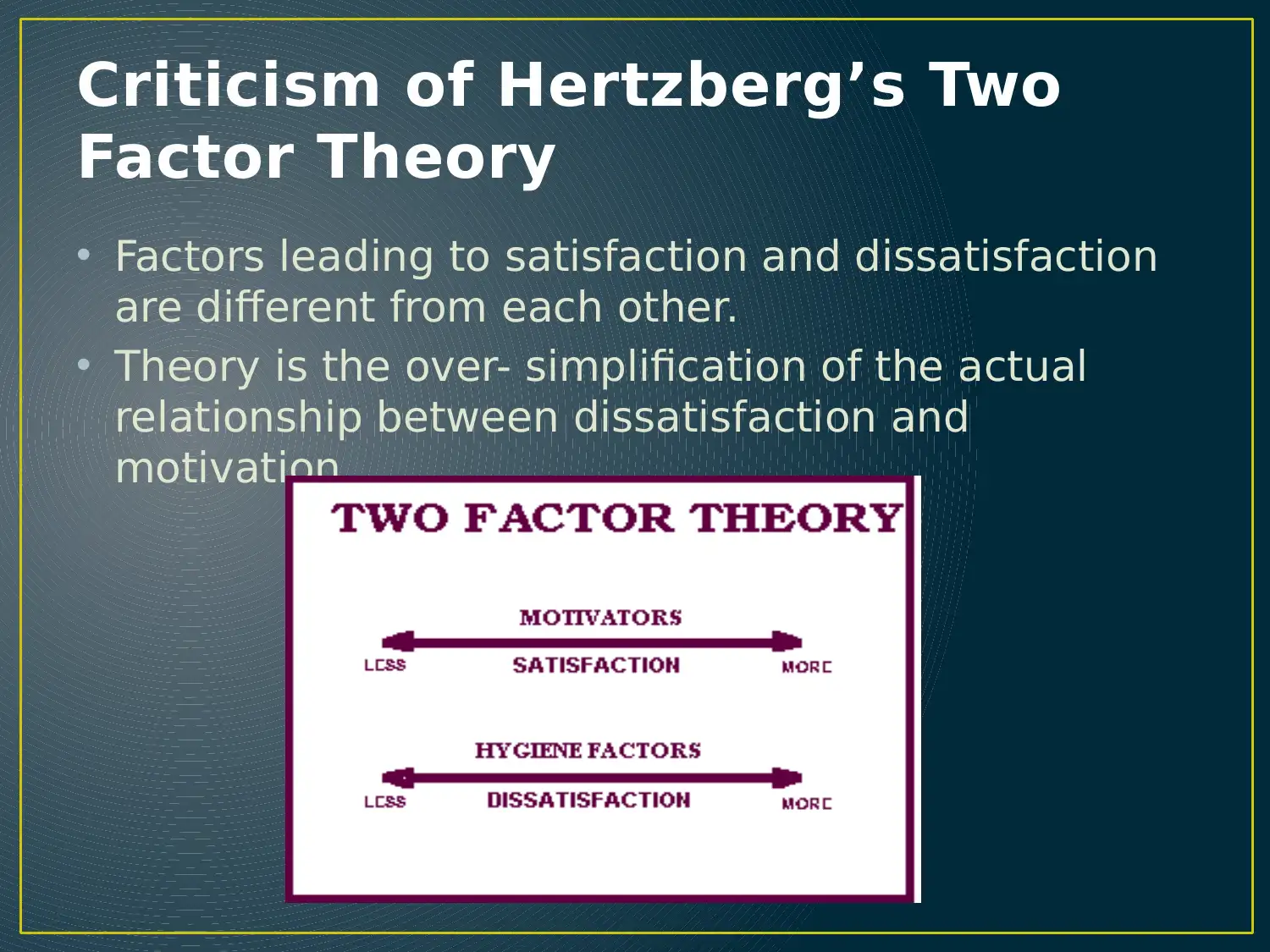
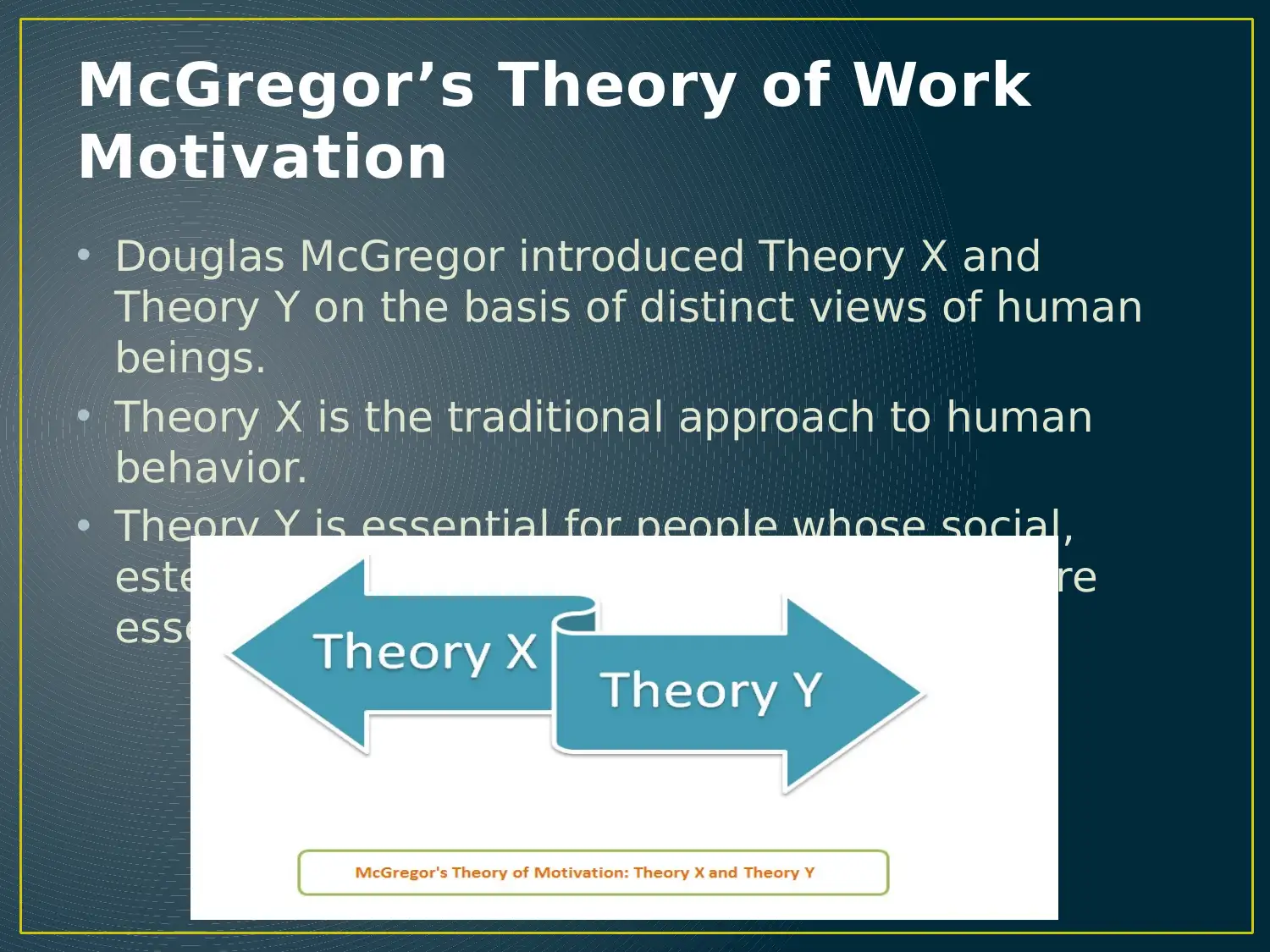
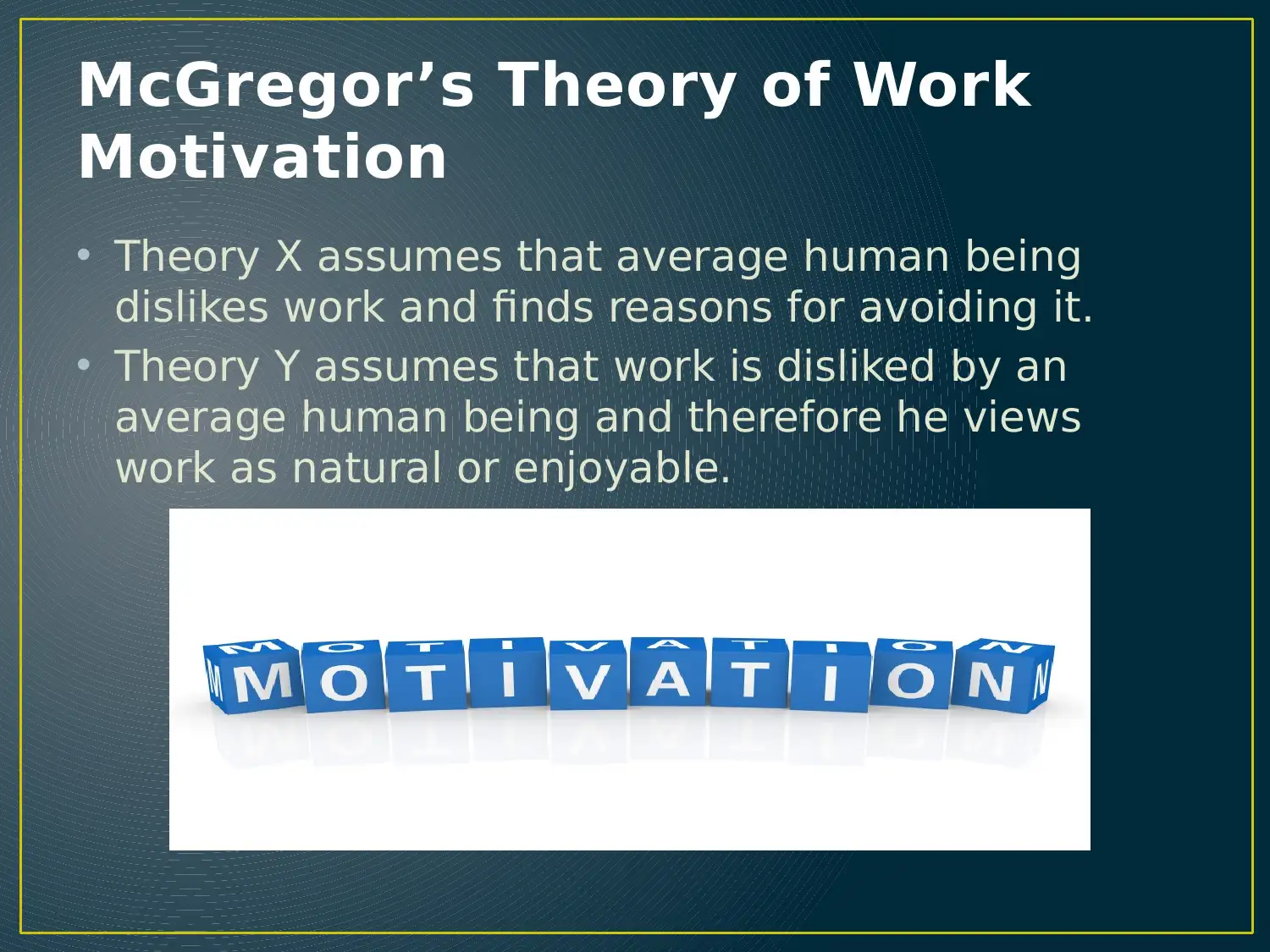
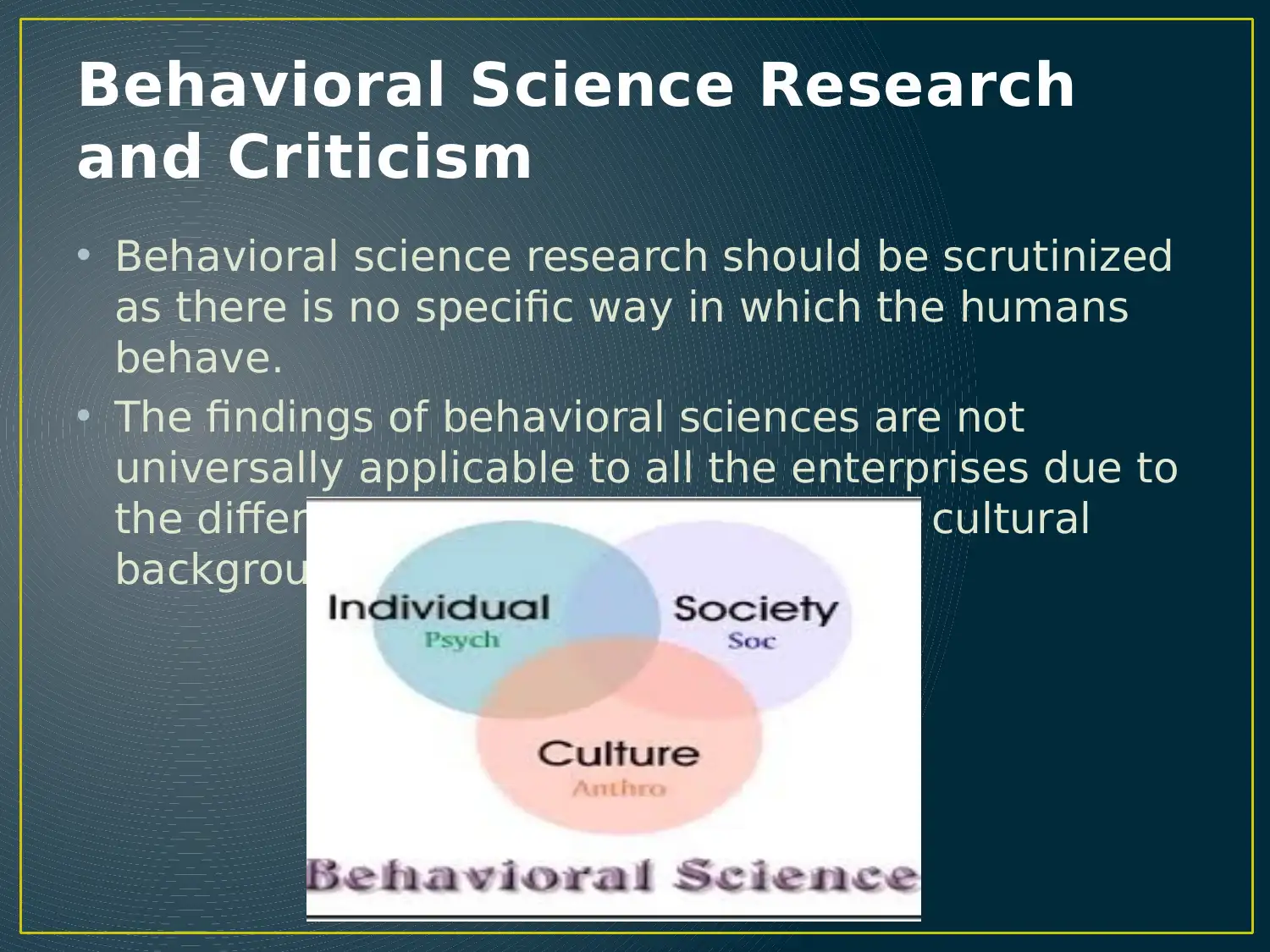
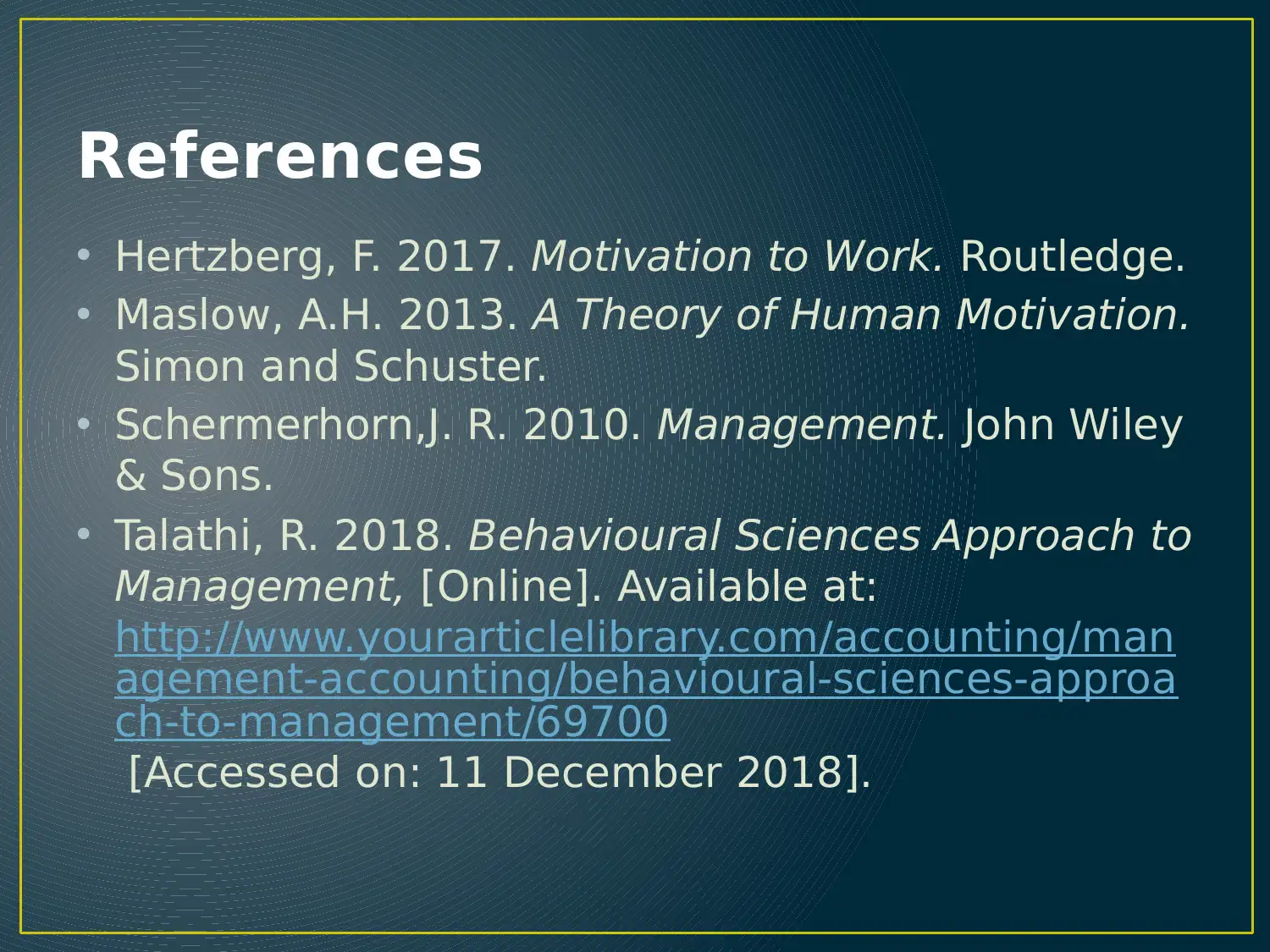





![[object Object]](/_next/static/media/star-bottom.7253800d.svg)